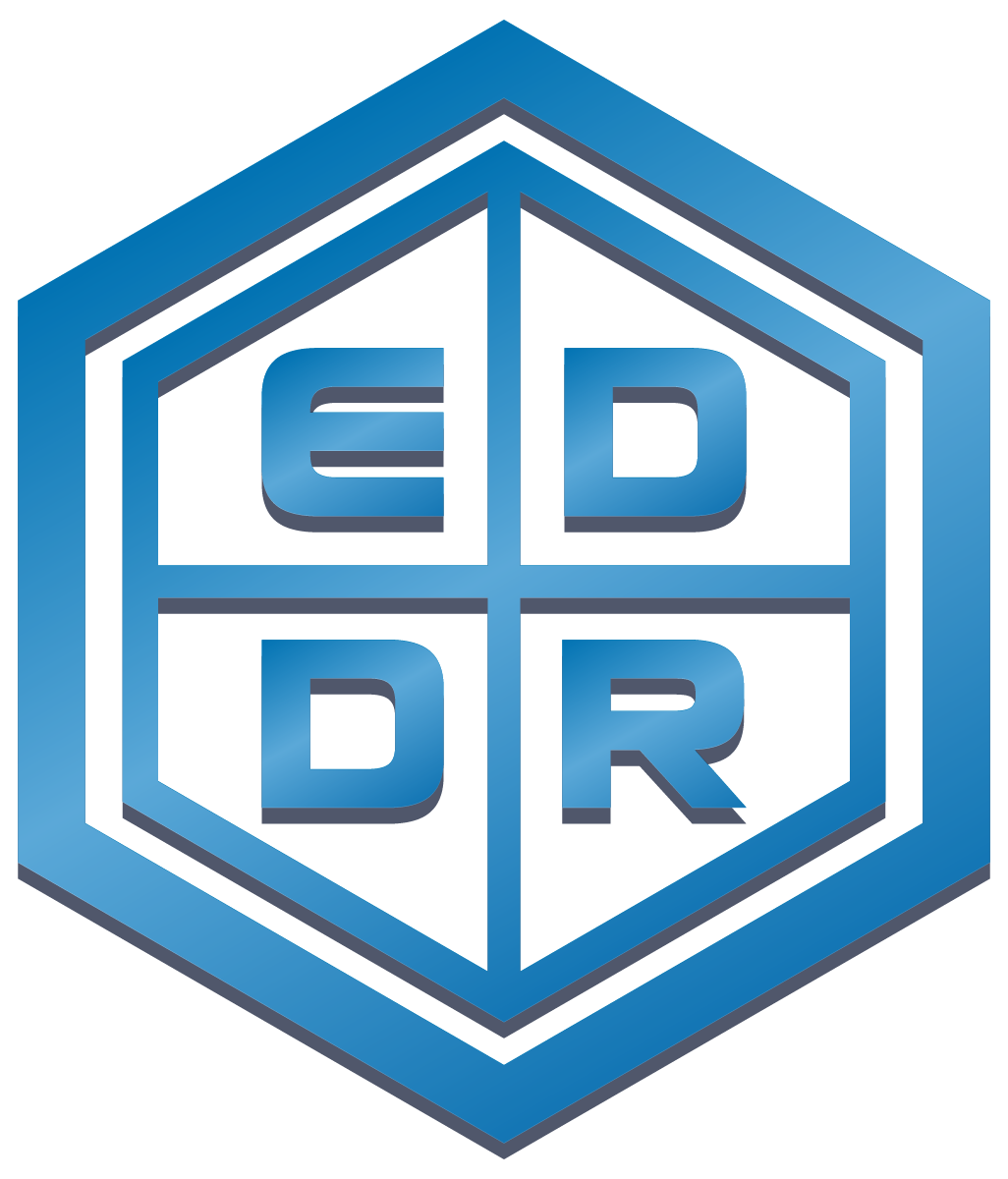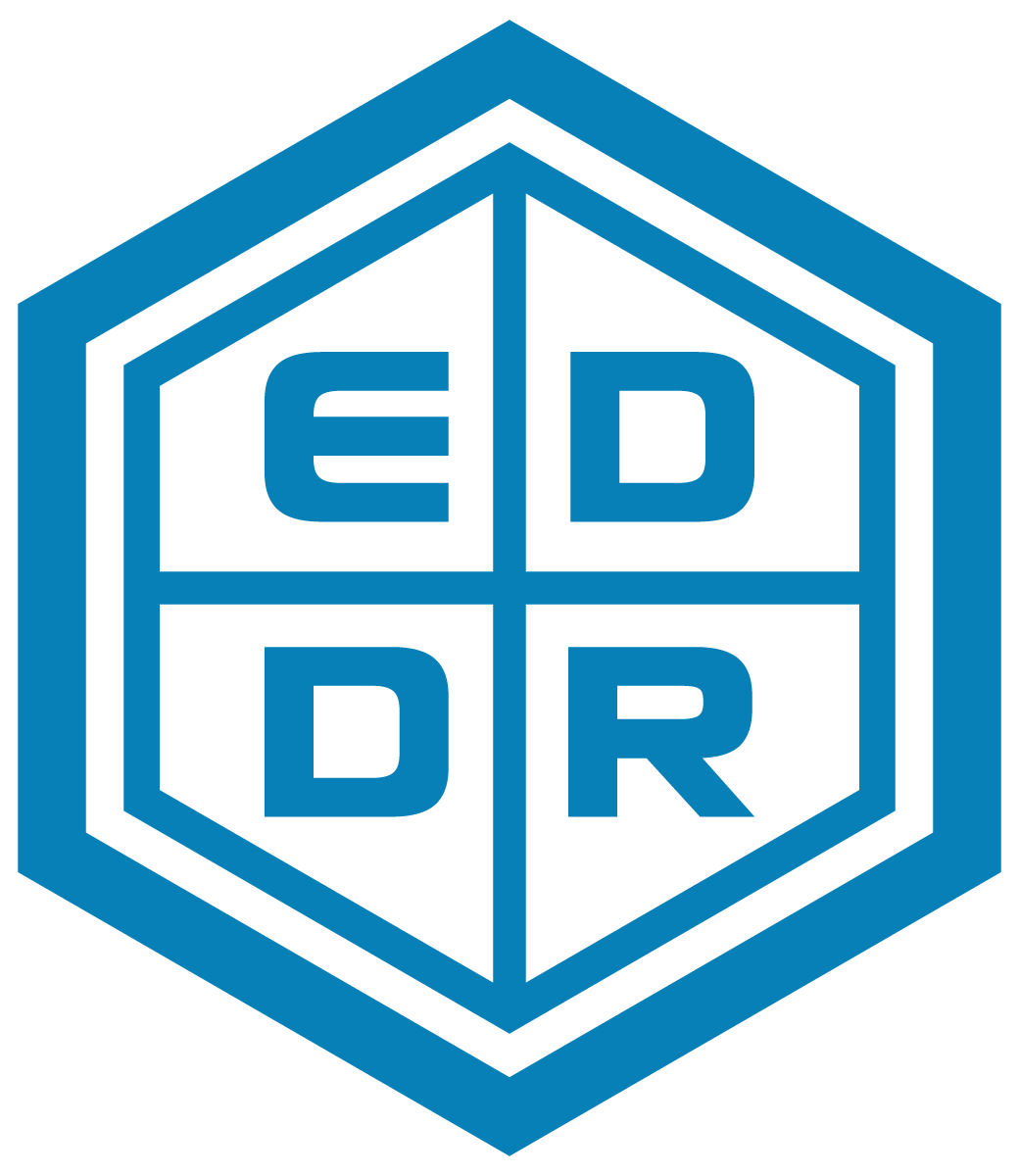Using Education Data to Address Misleading Education Data Claims
Across this EDDR community of practice (and its previous DATA-COPE incarnation), we hear a lot of concerns about dealing with data mischaracterizations—specifically those made by state and district leadership. Lessons learned and shared in the book series include: the Volume I chapters on Politics and Descriptive Statistics, and the Volume II Transparency chapter.
The degree to which these may help, of course, depend on your role in the agency as well as the objectives and determination of the mischaracterizing leaders. The Politics chapter explains agency roles and provides strategies, the Transparency chapter offers advice for nudging leaders if possible, and the Descriptive chapters’ basic techniques may be useful for helping receptive leaders get more perspective.
Stanford Graduate School of Education MS in Education Data Science Makes EDDR Required Reading
Friday, Aug 12, 2022 by Wendy Geller
When Professor Sanne Smith, Program Director for the MS in Education Data Science at Stanford’s Graduate School of Education, reached out to us to see if we could come (virtually) talk with her seminar class who had just read EDDR Volume I, Jared, DJ, and I weren’t just thrilled, we were elated!
We were (and are!) so happy because it was a sign that EDDR was getting a chance to help the next cohort of education data analysts get a jump on the realities of this field so their important work ahead might not hit quite as many stumbling blocks as ours once did.
If EDDR helps just one of those students avoid a pitfall we’ve weathered, who knows how much faster they might accomplish powerful analysis in support of public education? That’s been the whole point of this project since we started, to help others in the field do the great work we know and have seen can be done (BTW, EDDR Vol II has some awesome examples of just that kind of thing from experts throughout the country).
What to Do When You Realize You’rethe Dog that Caught the School Bus
Thursday Aug 4, 2022 by Wendy Geller
We’ve all been there. We’ve all taken on or inherited some piece of work (ha, pun intended!) at some point in our careers, whether it be a whole workflow, a reporting product, a database, or some other data asset like a visualization. You know, the one where you think, “sure, this’ll be a bit of a lift, but I’ve got this,” and then you get into it.
You start poking around, looking for the documentation (if there is any), taking a peek at the data structure, figuring how things are connected, seeing whether the code is commented well enough for you to step through the process without ending up in an outtake of some C version of Lost, you know the drill. You’re just seeing how it’s built. Getting ready to make it better, faster, do more stuff.
And then it hits you.
Why Strategy Still Matters, Especially in the Time of COVID
Wednesday, Feb 23, 2022 by Wendy Geller
Why Strategy Still Matters, Especially in the Time of COVID People are tired, there seems to be a new logistical hurdle pretty much every day, and I think I’d be remiss if I didn’t acknowledge that a lot of us are scared. I know my husband and I are. Our son is 14 months old as of the time that I’m writing this post, and the vaccine for under five year olds is still in the works.
Why Basics aren’t so Basic
Saturday, Feb 12, 2022 by Wendy Geller
Why Basics aren’t so Basic EDDR Volume II was under construction with a planned release timeline of late 2020 when the Pandemic hit. Needless to say, our schedule took a pretty serious detour as each of us editors and all the contributors suddenly found ourselves in the midst of the emergency. Many of our contributing authors had to raincheck on their chapters because they were called to serve in ways only they could for their organizations, their students, and their stakeholders.
DATA GOVERNANCE
Tuesday, Oct 26, 2021 by Jared Knowles
In EDDR Volume 2 we provide an introduction to data governance in chapter 5. This post summarizes one part of that chapter by describing the three data governance frameworks. ul li { list-style: square; margin-left: 3em; } strong { font-weight:bold; } Lifecycle The first framework is helpful when thinking about the current design focus of your data system. It is also helpful early in the development of a data system to help keep stakeholders organized around the current needs.
DATA OPS AND EDUCATION DATA
Monday, Dec 16, 2019 by Wendy Geller
Wendy recently published a blog post for the State of Vermont Agency of Education on a vision for data infrastructure for the future. In the post, Wendy identifies systemic data challenges education agencies face, the benefits of addressing them correctly, and lays out a roadmap for meeting those challenges in an inclusive, thoughtful, and systematic way. On balance, infrastructure isn’t something that organizations regularly focus on, though, unless there’s something very wrong with those systems that’s apparent and frustrating to everyone.

